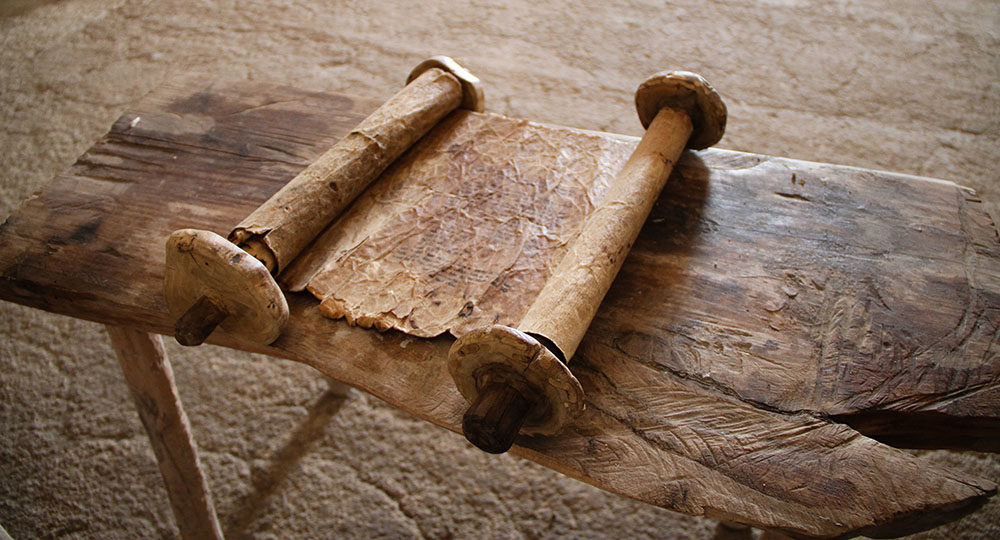


Unbelievers will go to the mat to prevent dog fighting, but believers won’t do the same to prevent worldwide persecution of their brethren in Christ. Read what is happening while we sleep.
Ancient Rome was no friend to Christianity. Christians simply didn’t fit in, and they paid a heavy price. Is America following in Rome’s footsteps? See for yourself.
Born-again believers and Jewish people have been persecuted for millennia. And, unfortunately, the worst is yet to come. Why? Because of the everlasting hatred.
They were boiled in oil, tortured, and persecuted in the most heinous ways. But they endured because they understood an important, eternal truth that we should not forget today.
Islam professes to be a religion of peace. But what many Muslims say and what they do are two different things.